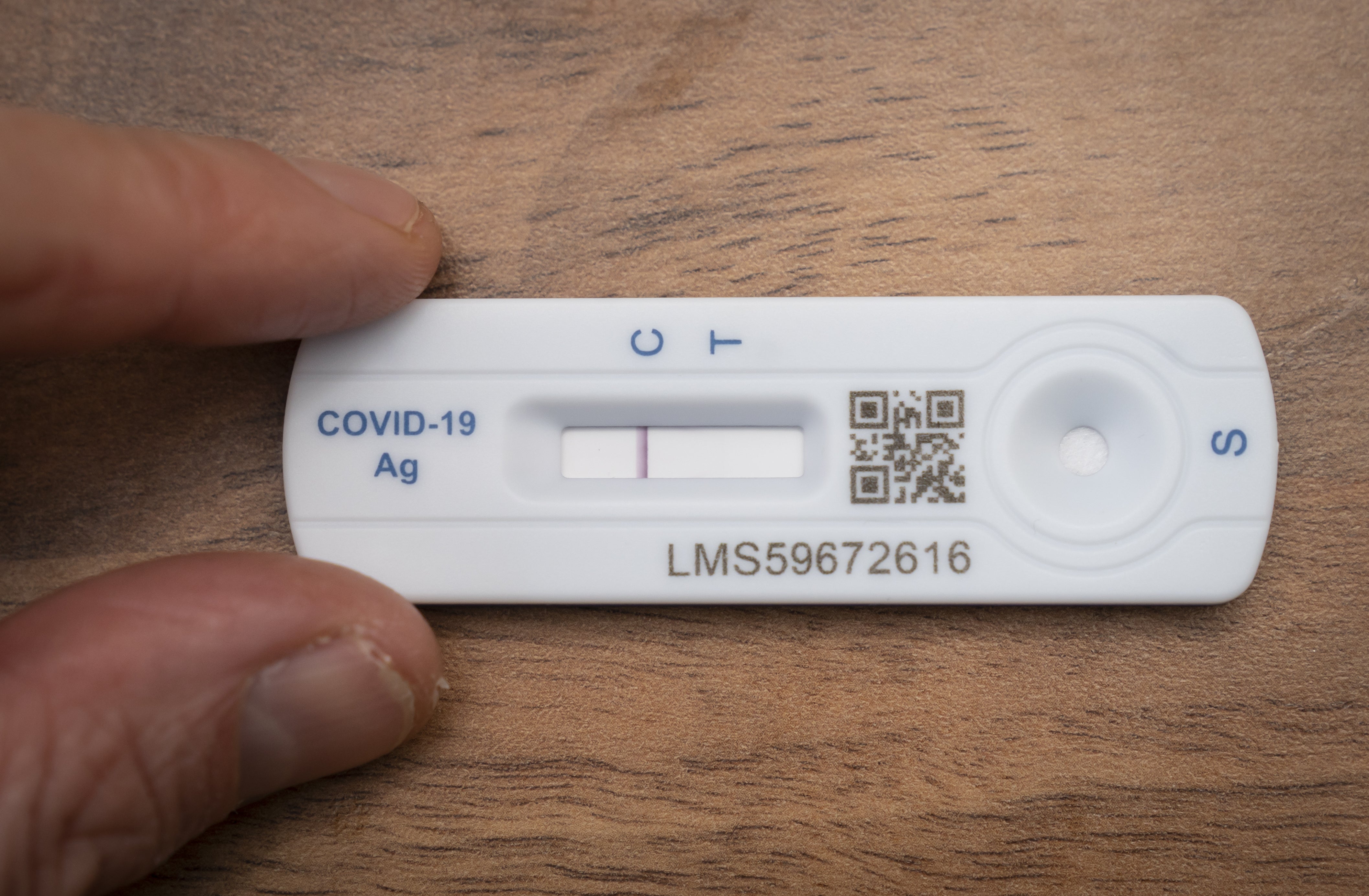Trial results of US Army ‘moon shot’ Covid vaccine that ‘protects against all variants’ expected
Experts say the new jab could be the ‘first universal vaccine against Covid-19’

Your support helps us to tell the story
From reproductive rights to climate change to Big Tech, The Independent is on the ground when the story is developing. Whether it's investigating the financials of Elon Musk's pro-Trump PAC or producing our latest documentary, 'The A Word', which shines a light on the American women fighting for reproductive rights, we know how important it is to parse out the facts from the messaging.
At such a critical moment in US history, we need reporters on the ground. Your donation allows us to keep sending journalists to speak to both sides of the story.
The Independent is trusted by Americans across the entire political spectrum. And unlike many other quality news outlets, we choose not to lock Americans out of our reporting and analysis with paywalls. We believe quality journalism should be available to everyone, paid for by those who can afford it.
Your support makes all the difference.The trial results of a new US Army-developed Covid-19 vaccine – described as a “moon shot” – could arrive within days, an expert has said.
The preliminary results of the single-dose jab, which is said to protect people against all variants of coronavirus, have been hailed by Professor Luke O’Neill as “impressive”.
According to the professor of biochemistry at Trinity College Dublin, the findings from the phase one trial on humans should be made public “any day now”.
Professor O’Neill told Newstalk on Thursday: “This is now the Moon shot, they’re calling it in a way, the US are all over this.
“Can we make a vaccine that will work against any variant of Covid-19? And indeed [in any] animals that might jump again in the next pandemic.
“There’s a massive effort happening in the US at the moment, trying to make what’s called a ‘universal vaccine’. It’s a great goal to have.”
The vaccine was first developed on animals, the test results from which Professor O’Neill said were impressive.
“They’ve taken the RBD ... and they’ve stuck it on a nano-particle, a tiny, tiny particle, made of a thing called ferritin, studded with loads of these RBDs,” he said.
“[It] went into monkeys and amazingly it protects against Sars, the original virus, SARS-CoV-2, Alpha, Beta, Delta, Omicron. It protected against all of those [viruses] in monkeys.
“They’re in the middle of a phase one trial in humans – any day now actually, we’re going to get the data from that phase one trial soon.
“That’s very, very hopeful that [the] US Army-derived vaccine could be the first universal vaccine against Covid-19.”
Speaking earlier this week, Professor O’Neill said that the new Omicron XE – a mutation of the BA.1 and BA.2 strains – variant is 10-20 per cent more transmissible than the original Omicron.
The earliest case of XE in Britain has a specimen date of 19 January 2022, according to the UK Health Security Agency.
Professor O’Neill said on RTE Radio 1 earlier this week: “It’s like a deck of cards and it keeps getting reshuffled.
“You know an immune system can recognise the same cards, basically. So far the worry would be a new deck of cards might emerge, or a different kind of suit of cards might emerge, and then we might be in more trouble, but for the moment as I say it’s the same deck of cards being reshuffled basically.
“At the moment the vaccines are stopping serious illness against any variant so far, but again we have to watch it.”
Join our commenting forum
Join thought-provoking conversations, follow other Independent readers and see their replies
0Comments